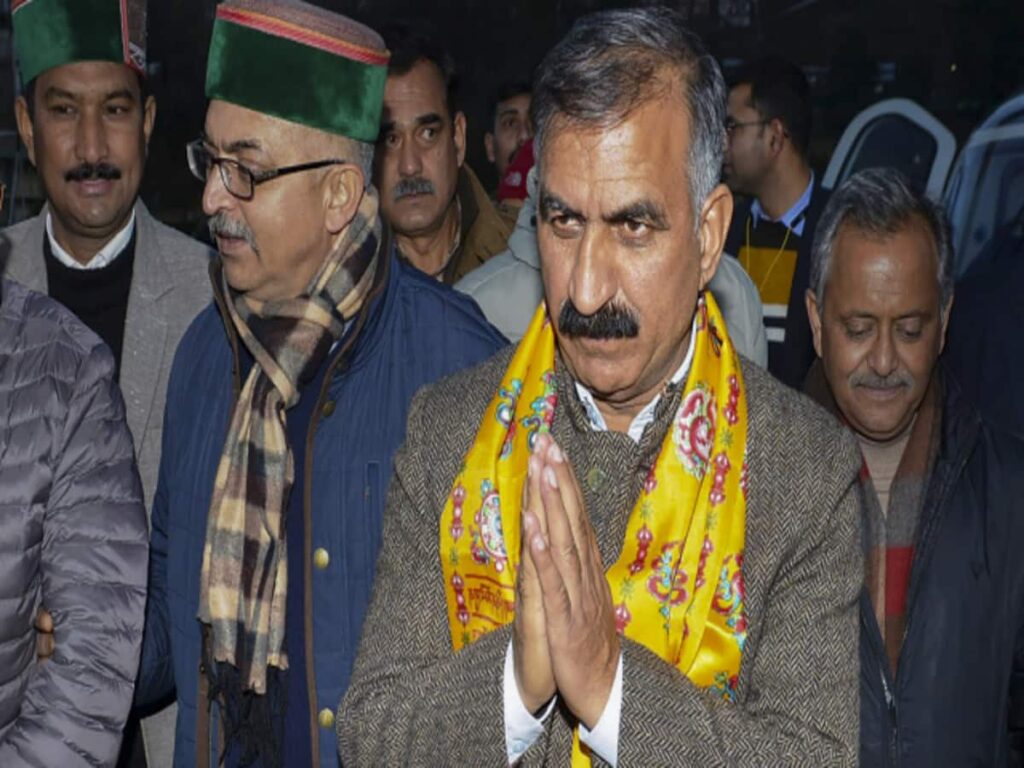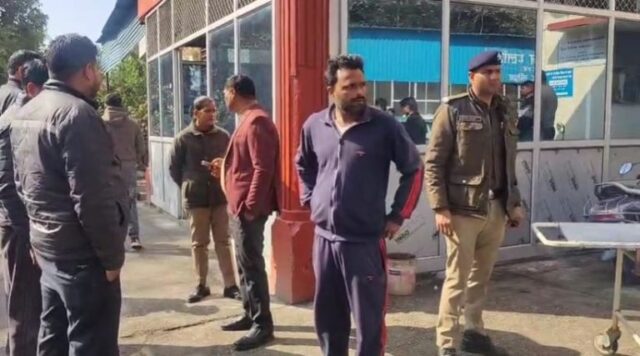Government employees danced in Himachal as soon as OPS was implemented, understand the difference between old and new pension scheme

The Old Pension Scheme (OPS) has been restored in Himachal Pradesh. State Chief Minister Sukhwinder Singh Sukhu approved it in the first cabinet meeting. Himachal Pradesh has become the fifth state in the country to announce the restoration of OPS. The biggest demand of government employees in the Himachal elections was the restoration of OPS. Congress had promised restoration of OPS as soon as the government was formed. The Congress fulfilled its promise to the state. With the restoration of OPS, the hearts of the state government employees have become happy. Today, in front of the Himachal Secretariat, the government employees of the state danced fiercely.
The issue of Old Pension Scheme (OPS) always gains momentum in elections. Before Himachal, OPS has been restored in Chhattisgarh, Jharkhand, Rajasthan and Punjab. Himachal is the fifth state in the country where OPS has been restored. In such a situation, it becomes necessary to know that what is the difference between Old Pension Scheme (OPS) and New Pension Scheme (NPS)? Why did the Himachal government employees start dancing after the implementation of OPS? Which is more beneficial out of the two pension schemes? Why does the issue of pension scheme gain momentum in elections? So let’s know the answers to these questions.
What is Old Pension Scheme? Old Pension Scheme or Old Pension Scheme (OPS)
It was abolished by the government in the year 2004. NPS was implemented in place of OPS on 1st April 2004. In the old pension scheme, government employees are given half of their last salary as pension after retirement. That is, after retirement, if the last salary of a government employee was 50 thousand and he is retiring before April 1, 2004, then he will get half the amount of salary (here 25 thousand) as pension under OPS.
What else is special in the old pension scheme? In the old pension scheme, if a government employee dies after retirement, the amount of pension is given to his or her spouse. Also, no deduction is made in the name of pension from the salary of the government employee. That is, as long as the government employee does the job, he will get his full salary. The part of salary will not be deducted in the name of pension.
What is New Pension Scheme? New Pension Scheme or New Pension Scheme (NPS) was implemented in lieu of OPS. Under this scheme, government employees will have to give 10 percent of their salary to the government for pension. At the same time, the government will contribute equal to 14 percent of the salary for pension. Unlike OPS, it does not have a formula like half the amount of the last pay. In this scheme, both the government employees and the government together contribute towards the pension. Explain that NPS is a scheme based on the stock market.
Tax expert Balwant Jain told The Indian Express that OPS is a better and safer option for government employees. On the other hand, NPS money is invested in the stock market, it can also get good and higher returns after retirement. Explain that not only government employees but people working in private companies can also take advantage of NPS. However, government employees do not like NPS. NPS is considered less secure than the old pension scheme. Please tell that there has been no talk of giving fixed pension in NPS from the government side. Whereas in OPS, fixed pension is given to the employees every month.
OPS has been restored in Himachal Pradesh. This will benefit • 1.36 lakh government employees of the state government. Restoring OPS this year will put a financial burden of Rs 800-900 crore on the government. Himachal has become the fifth state in the country where OPS has been restored. In such a situation, there is a wave of happiness among the government employees there. Elections are going to be held in many states in the coming time. Many political parties including Congress will enter the electoral fray on the issues of OPS. In such a situation, it will be interesting to see how many more state government employees are going to dance with joy on the restoration of OPS.






